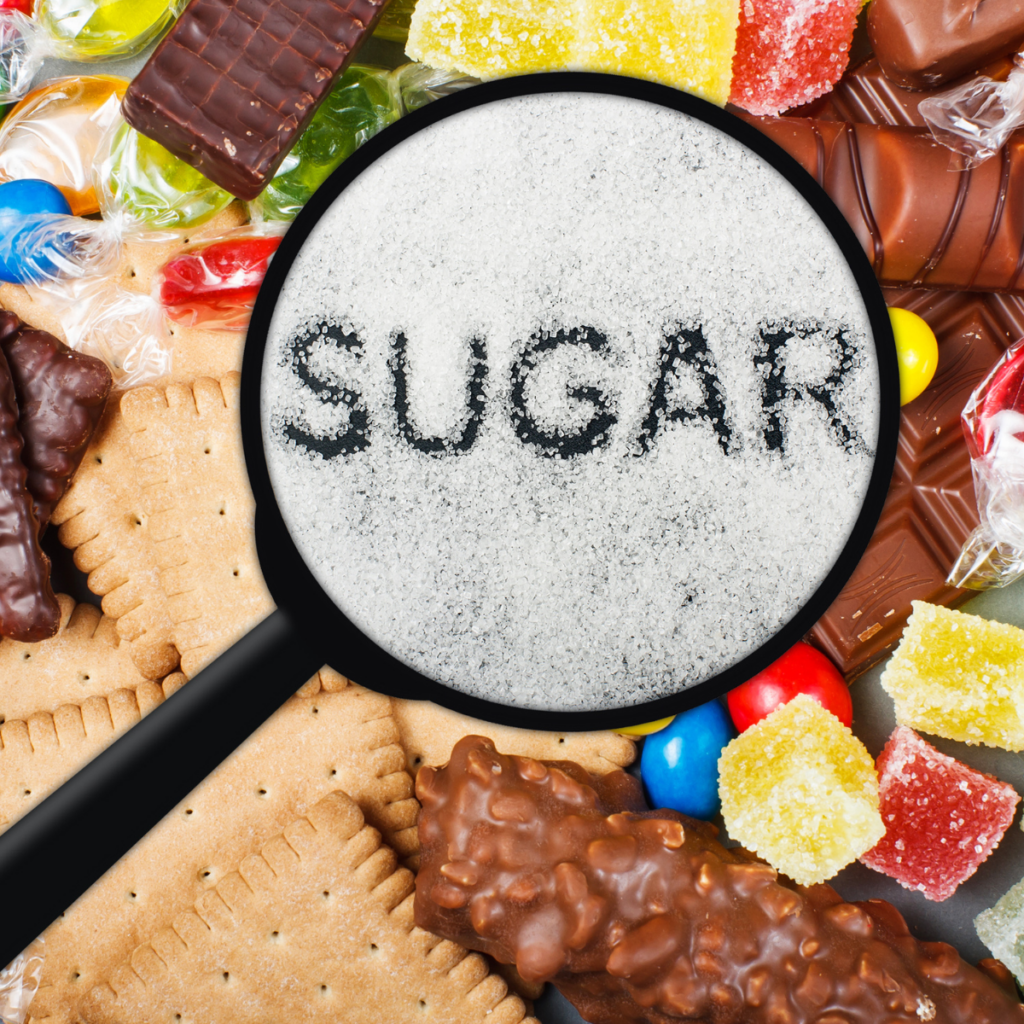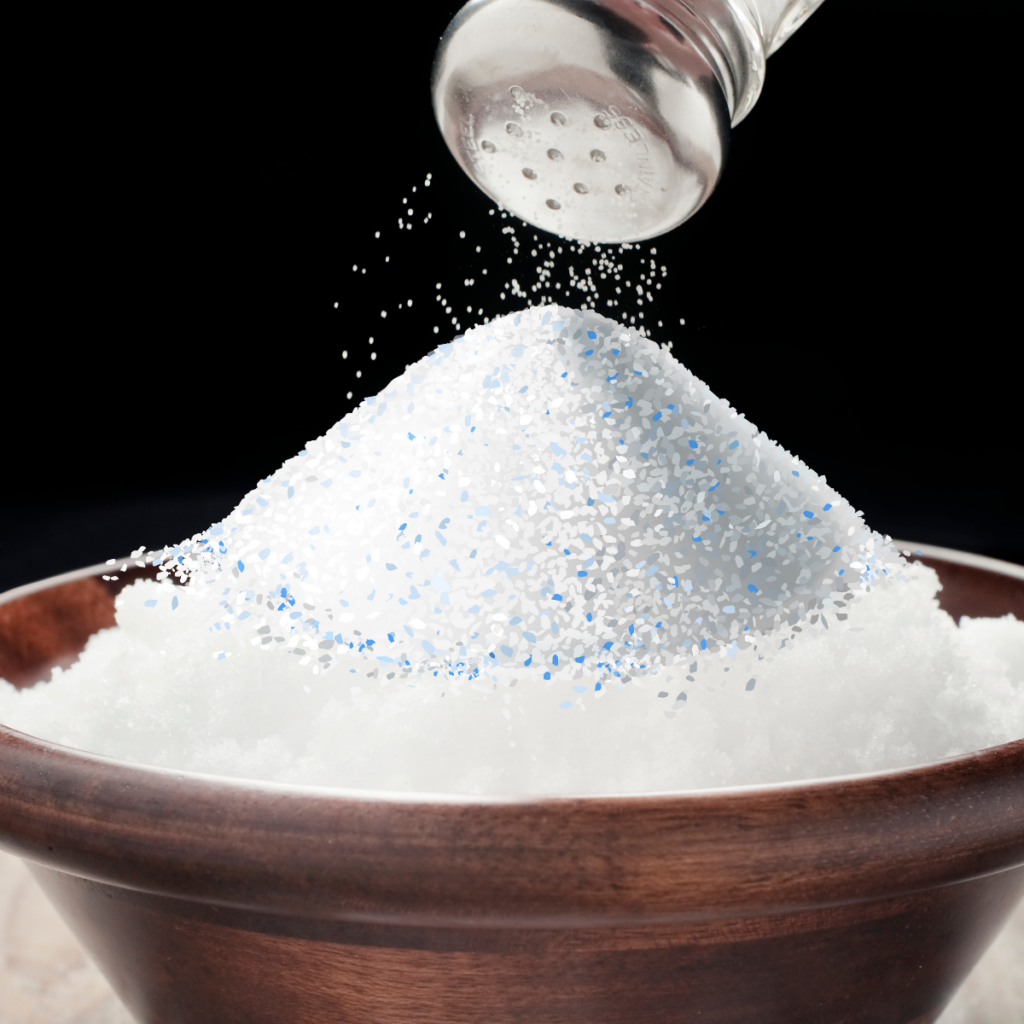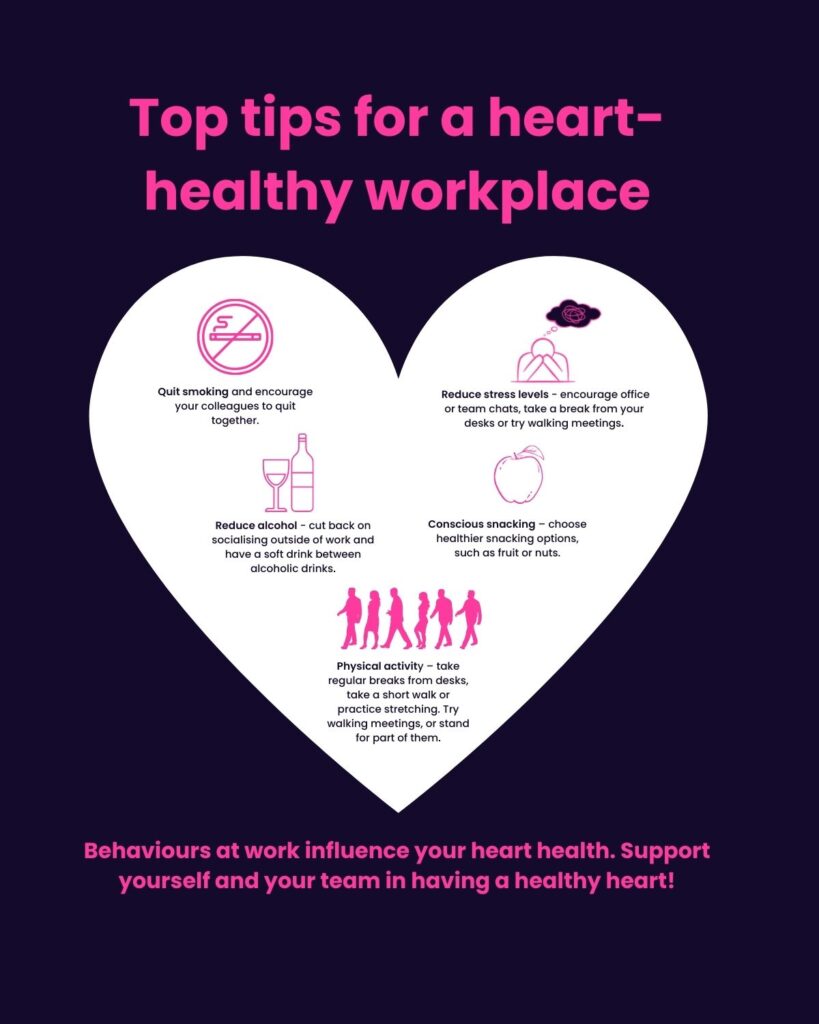February’s Health and Wellbeing focus is Healthy Heart.
The statistics
7.6 million people are living with a heart or circulatory disease.
Every 3 minutes someone dies from heart or circulatory disease.
Every 5 minutes 1 person is admitted to hospital due to stroke.
Keeping your heart healthy, whatever your age, is the most important thing you can do to help prevent and manage heart disease.
Coronary heart disease (CHD) happens when the blood supply to your heart muscle is reduced because the arteries taking blood to your heart become narrow or get blocked. This is caused by a gradual build-up of porridge-like fatty deposits inside your arteries.
Coronary heart disease is the UK’s biggest killer – but things could be very different – most of these deaths are preventable! To help prevent heart disease;
- Quit Smoking
- Maintain a Healthy Weight
- Eat a healthy, balanced diet
- Keep active.
A healthy, balanced diet and regular physical activity can help you keep your weight, blood pressure and cholesterol at healthy levels, and improve your heart health
Physical Activity

Being inactive can lead to fatty material building up in your arteries (the blood vessels that carry blood to your organs). If the arteries that carry blood to your heart get damaged and clogged, it can lead to a heart attack.
You can reduce your risk of heart and circulatory diseases by 35% by being more physically active.
To reduce your risk of heart and circulatory diseases, you need to be active every day. Aim to do 150 minutes of exercise a week – that’s about 20–30 minutes a day.
Know about sugar

Eating too much sugar can lead you to put on weight. Being overweight or obese increases your risk of having a heart attack, stroke and developing Type 2 diabetes.
You can reduce your risk of these health problems by making small and simple changes to cut back on how much sugar you eat. Becoming aware of where your calories come from is the first step towards controlling your weight and protecting your heart.
How much sugar should you eat?
Aim to eat less than 30g of free sugars
a day. 30g = 7 cube
Smoking

The chemicals in cigarettes and other smoking products kill thousands of people in the UK every year. The toxins in cigarettes affect your body while you’re smoking and after the cigarette is finished.
Giving up smoking is the best thing you can do for your health. The chemicals in cigarettes damage the structure of your blood vessels, including the arteries that carry oxygen rich blood to your heart and brain.
Salt Intake

Salt contains sodium, and is where most of the sodium in our diets comes from. Too much sodium can cause high blood pressure which can lead to a heart attack or stroke. Your kidneys help control your blood pressure by taking water out of your bloodstream. Too much sodium in your blood pulls the water back in. This means more water in your blood vessels and higher blood pressure.
How much salt is too much?
You should aim to eat no more than 6g of salt a day. That’s about one level teaspoon. This includes salt you add to your food and salt already in it. Lots of foods don’t taste salty but still contain a lot of salt. These can even include sweet foods like cakes and cereals. Prepared foods like ready meals and takeaways often have very high amounts of salt in them.

There’s lots of information and support available, please do take a look:
